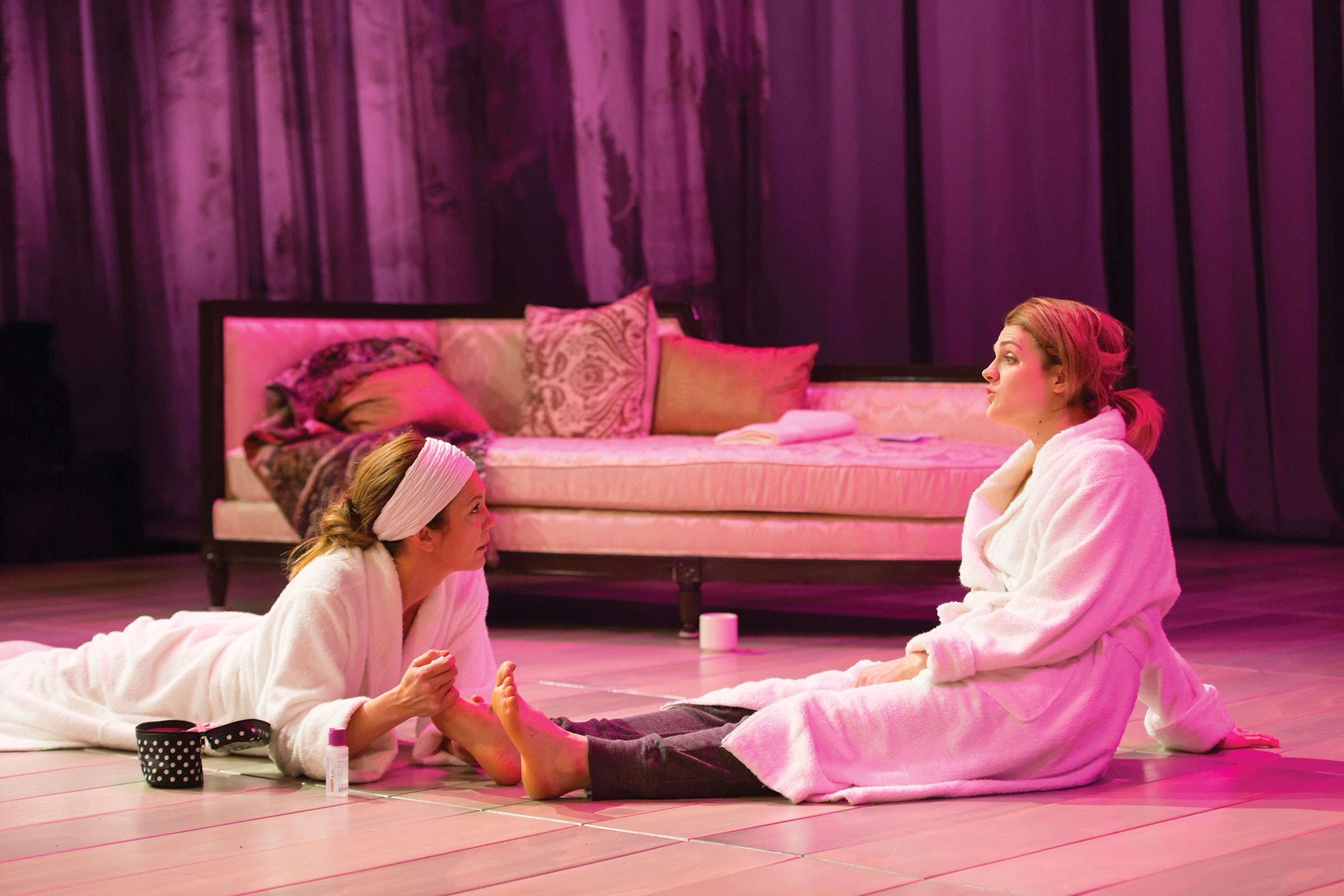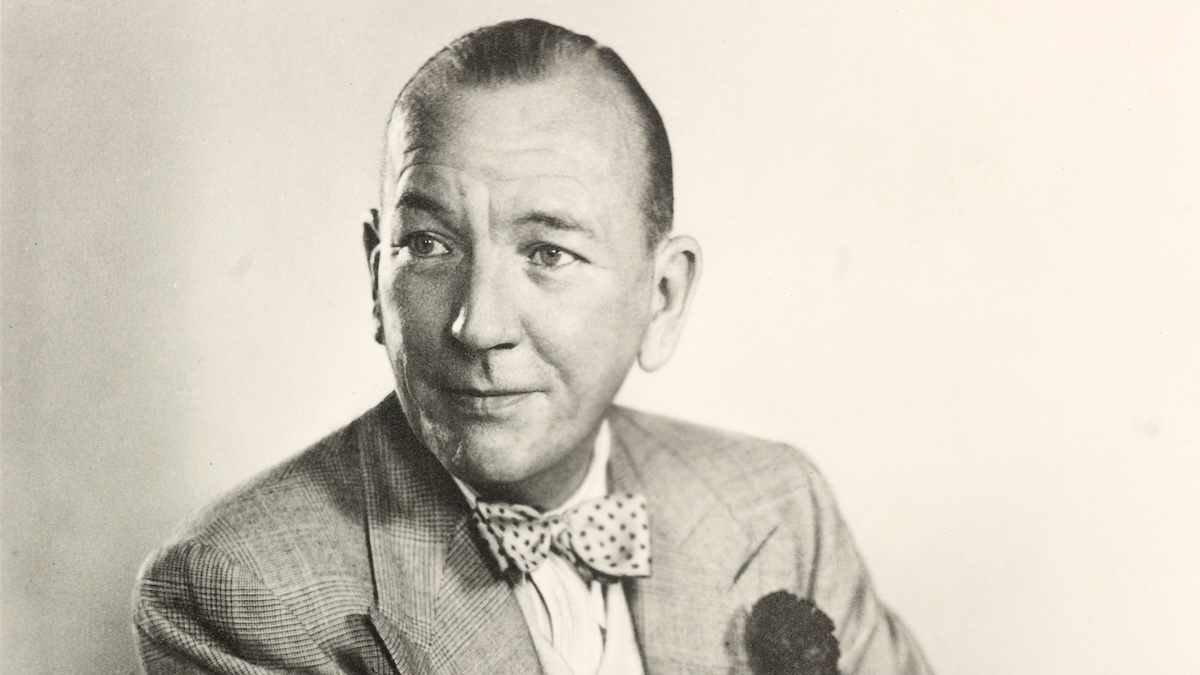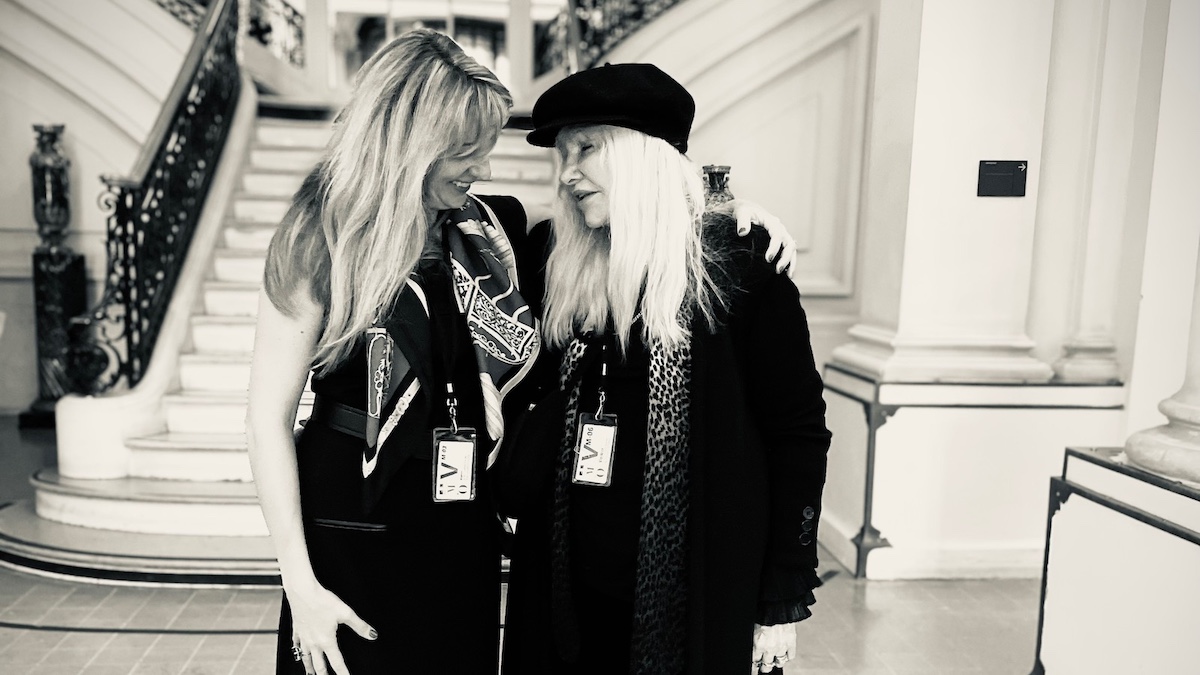
I’ve always found it a little bit strange that the idea of a dinner table is supposed to be a welcoming environment, surrounded by those we’d like to come together with and literally or figuratively break bread; yet it’s rude or impolite to discuss religion, politics, or sex. And what about race? What about generational differences that encompass these topics and more?
It’s no secret that this recently past holiday season there was plenty to discuss at the dinner table. Though it’s not quite a holiday feast set in the first scene of Bathsheba Doran’s The Mystery of Love and Sex, the unpacking of said taboo subjects come fast and often.
I had the chance to chat with DC based actress Shayna Blass, who played the role of Charlotte in the production at the Signature Theatre in Alexandria, VA.
“I saw the character description when Signature announced the show…once I read the first scene I knew [Charlotte] was going to be my part…I thought, ‘Oh yes, this is how I speak.’ I never felt any of the jokes or emotions had to be pushed. Every line could come naturally.”
For those of you who have not read or seen the play, Charlotte is a young woman in college, raised by a Jewish father and a Southern mother, and has been best friends with Johnny, a young black man, also in college, since they were kids. The play not only tracks each character’s growth (be it coming to terms with their sexuality, inherent racism, or even complacency in a loveless marriage), but also how each of those tensions affects the people closest to them.
“I found the play really able to identify the way you talk to people that you’ve known for so long! I loved uncovering more of the story and relationship dynamics (how people break up, how friendships end and come back together, how you get a better understanding of your parents as you grow older)… They are four real people in this show. I learned how brilliantly nuanced each character’s journeys were.”
That nuance is a nod to Doran’s excellent work with the arc of the play. Both acts span the course of five years. In an interview for Samuel French, Doran said of Mystery of Love and Sex, “You think the play is one thing in the first scene. Then in the second scene you think ‘Oh no no, it’s not that, it’s this story.’ Then in the third scene, ‘Oh, it’s this story!’” She builds an arc as layered as these characters are.
The cast explored a lot of the moments left unsaid as much as the ones portrayed on stage, even through the first preview performances at the Signature Theatre. One of the larger conversations that Shayna had with her cast was regarding a scene when Charlotte and Johnny argue over her showing up to his mother’s funeral.
“We thought Charlotte has never been to this Baptist church before and she’s probably the only white person there… It’s so awkward and uncomfortable that Johnny never talked to her.”
Shayna and her co-star Xavier Scott Evans built circumstances with director Stella Powell Jones that resembled a community very much infringed upon. Given that the play takes place in the South, the underlying consequences of a white woman entering an all-black funeral would be huge.
Though the racial tension is crucial to the play, the handling of a scene in which Charlotte comes out to her parents required a similar level of understanding on Shayna’s part.
“It’s a really important moment in a lot of people’s lives… You’re so worried that it would change any sense of dynamic. You just don’t want anyone to stop loving you… I wanted to be sure that someone in the audience could relate by not making it any more or less dramatic than it has to be.”
It’s safe to say that this was accomplished as Blass explained that she had a very strong response from the audiences that came to see the performances. “A lot of young people told me they had a similar relationship that Charlotte and Johnny had in college/end of high school. The older crowd really loved the Howard/Lucinda dynamic.”
But it’s relationships between the two age gaps that make for interesting conversation, specifically when those young adults start to formulate their own ideals and identities. “I got a sense that this may be the era of parents really having to shift their perspectives on what they want, or think they want, for their kids,” says Blass. “I still think that our parents’ generation are having to have those hard conversations with themselves about their gay/queer/trans kids.”
I consider myself lucky to live in a time when this can be discussed between the generations. It means that race and sexuality are being valued by a younger generation and validated by those before it. By no means are we in a completely post-racial society or one that is wholly accepting of the LGBTQ community. But when plays like this are produced, it can promote conversations that give us all hope that we’re at least on the right track. This new year, have those talks and stand up for your thoughts around the dinner table – and don’t be afraid to dig in.
To purchase a copy of The Mystery of Love & Sex click here, and to learn more about licensing a production, click here.

Noël Coward’s Travels

Kate Chopin in New Orleans: Mother-Daughter Author Duo Collaborate on Historical Book

